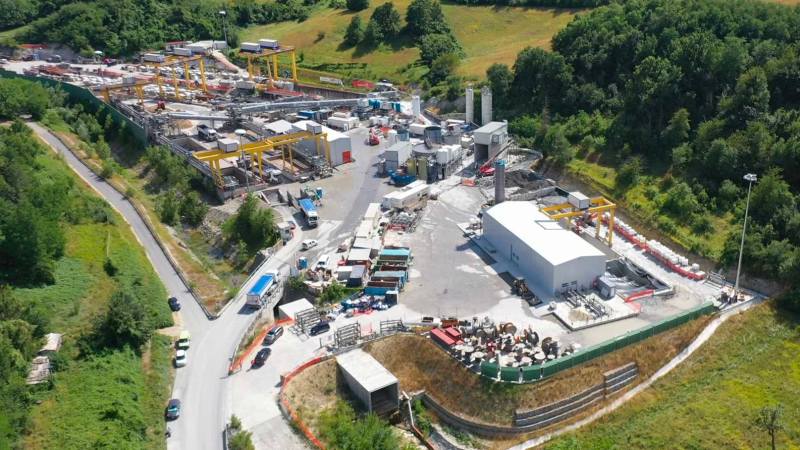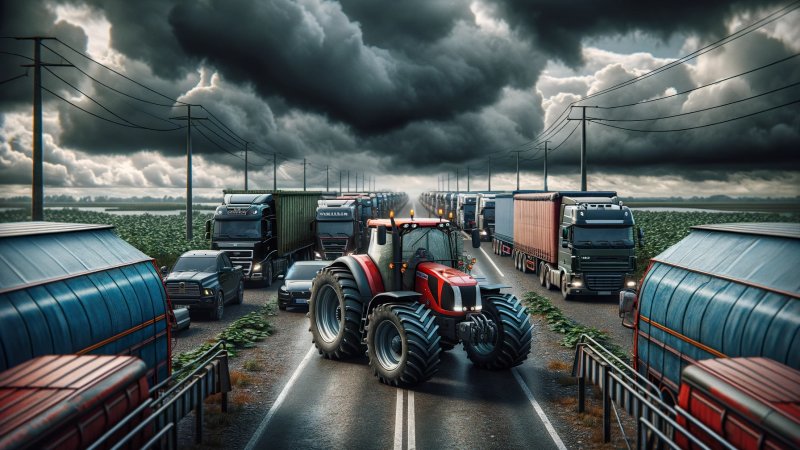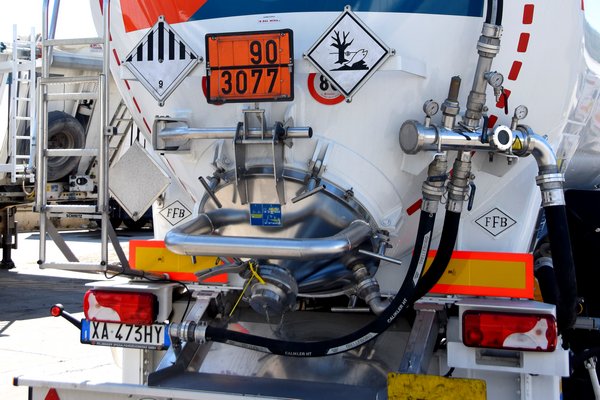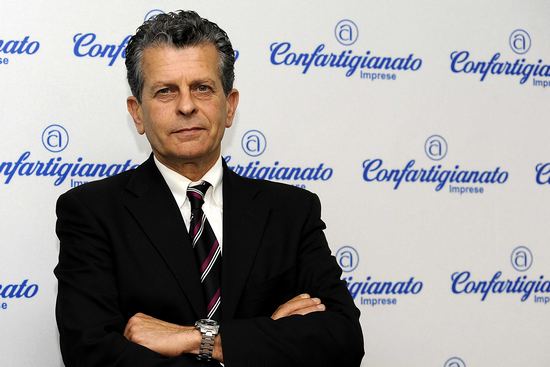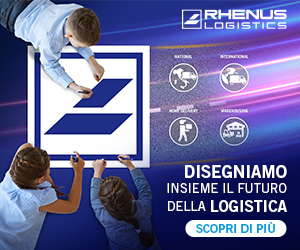In the automotive industry, flexible logistics solutions are playing an increasingly important role. DB Cargo Logistics, part of the DB Cargo group, has recognised this trend early on and, in response to the demand, is launching a new generation of car-carrying wagons. These new units can accommodate various types of vehicles, ranging from compact cars to SUVs and electric vehicles. In particular, SUVs are generally taller and wider, while electric vehicles have a lower ground clearance and additional weight due to batteries, similar in characteristics to sports cars.
The development of these flexible wagons is also thanks to close collaboration with car manufacturers. Before production begins, customer requirements are gathered, and during a "roadshow", DB Cargo Logistics showcases prototypes of the new wagons to test their effectiveness in real conditions. This iterative process ensures that each final model meets market needs, striking a balance between functionality, feasibility, and cost.
Kai Birnstein, Head of Automotive at DB Cargo Logistics, emphasises how dialogue with clients helped identify the inadequacy of traditional transport systems. "Through discussions with our customers and market analysis, we understood that a rigid wagon structure was no longer sufficient," Birnstein explains. Malte Keller, Head of Equipment, adds: "We began by modernising the existing wagons and invested significantly in developing new models for car transport."
The key to this flexibility is the adjustable upper loading platform, which allows the height to be modified to optimise the available space. This system enables the lower platform to be loaded first, followed by lowering the upper platform just enough to load it again, thereby ensuring double-deck transport of SUVs without exceeding permissible limits. This means that compact cars and SUVs can be transported together in the same convoy.
In addition to flexibility, the new wagons offer greater loading capacity, being able to carry vehicles weighing up to 3.2 tonnes each. This translates into increased efficiency, with more vehicles per convoy compared to road transport, as a rail transporter can carry up to twelve vehicles. Such efficiency helps reduce transport costs and enhances the competitiveness of rail logistics against road transport.
Furthermore, the flexible rail wagons make it easier to arrange return loads for other customers, thereby reducing empty runs and increasing the positive impact on environmental sustainability. To meet the growing market demand, DB Cargo Logistics sought the best manufacturers globally, not limiting itself to European suppliers. "Only a few builders can meet our high standards for flexible wagons," Keller concludes.




